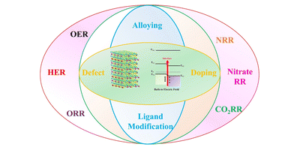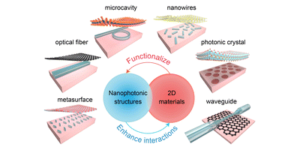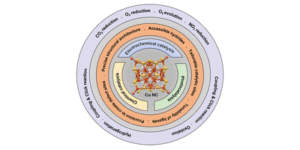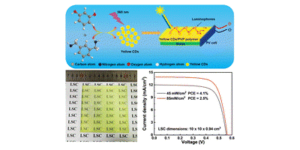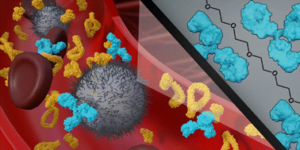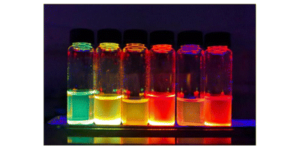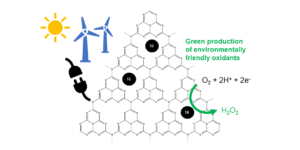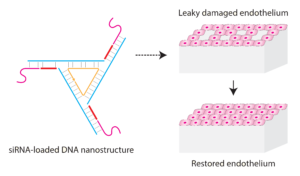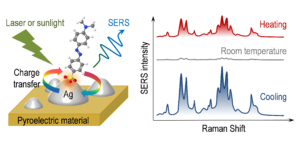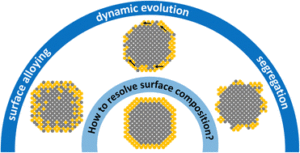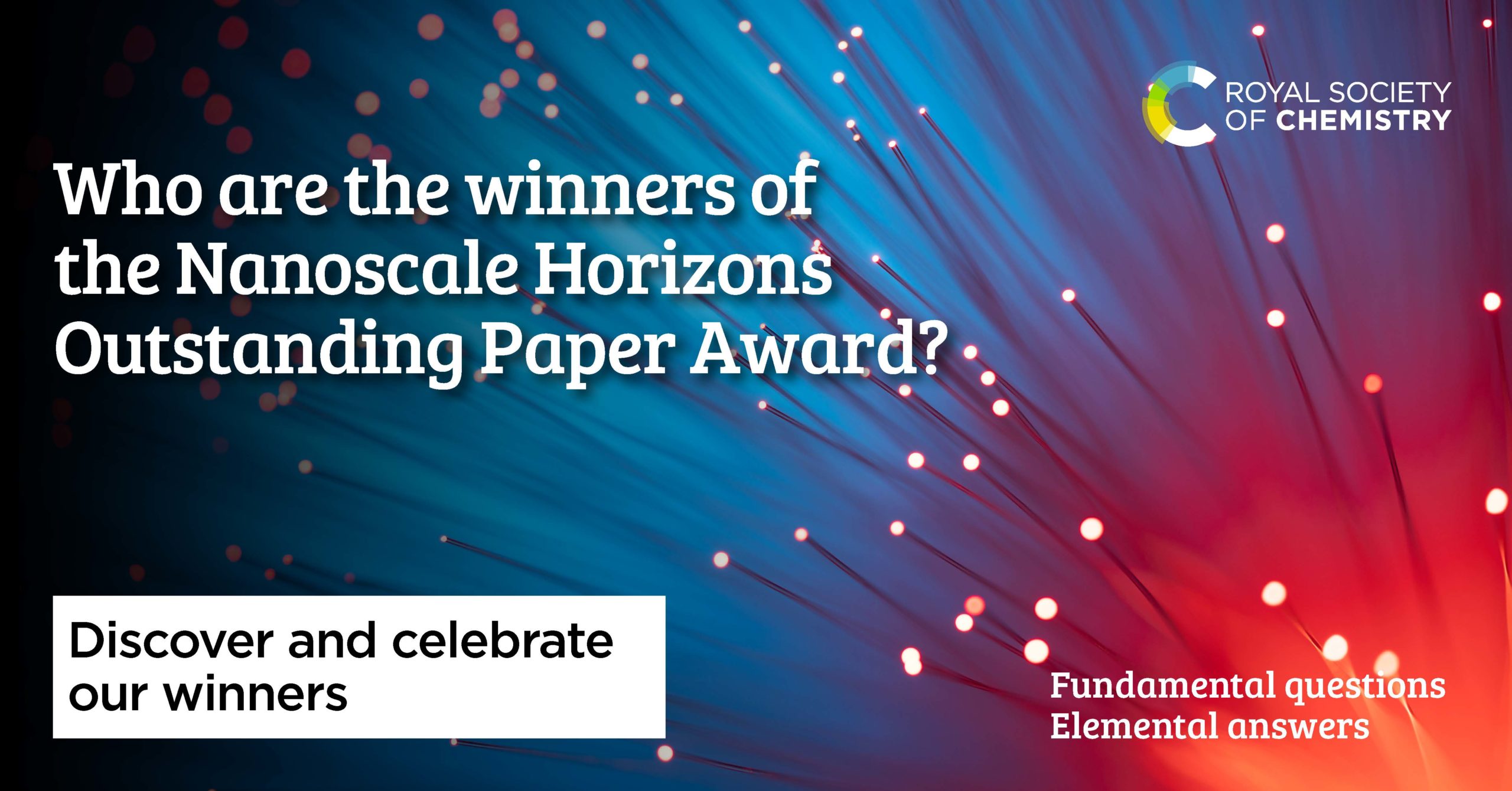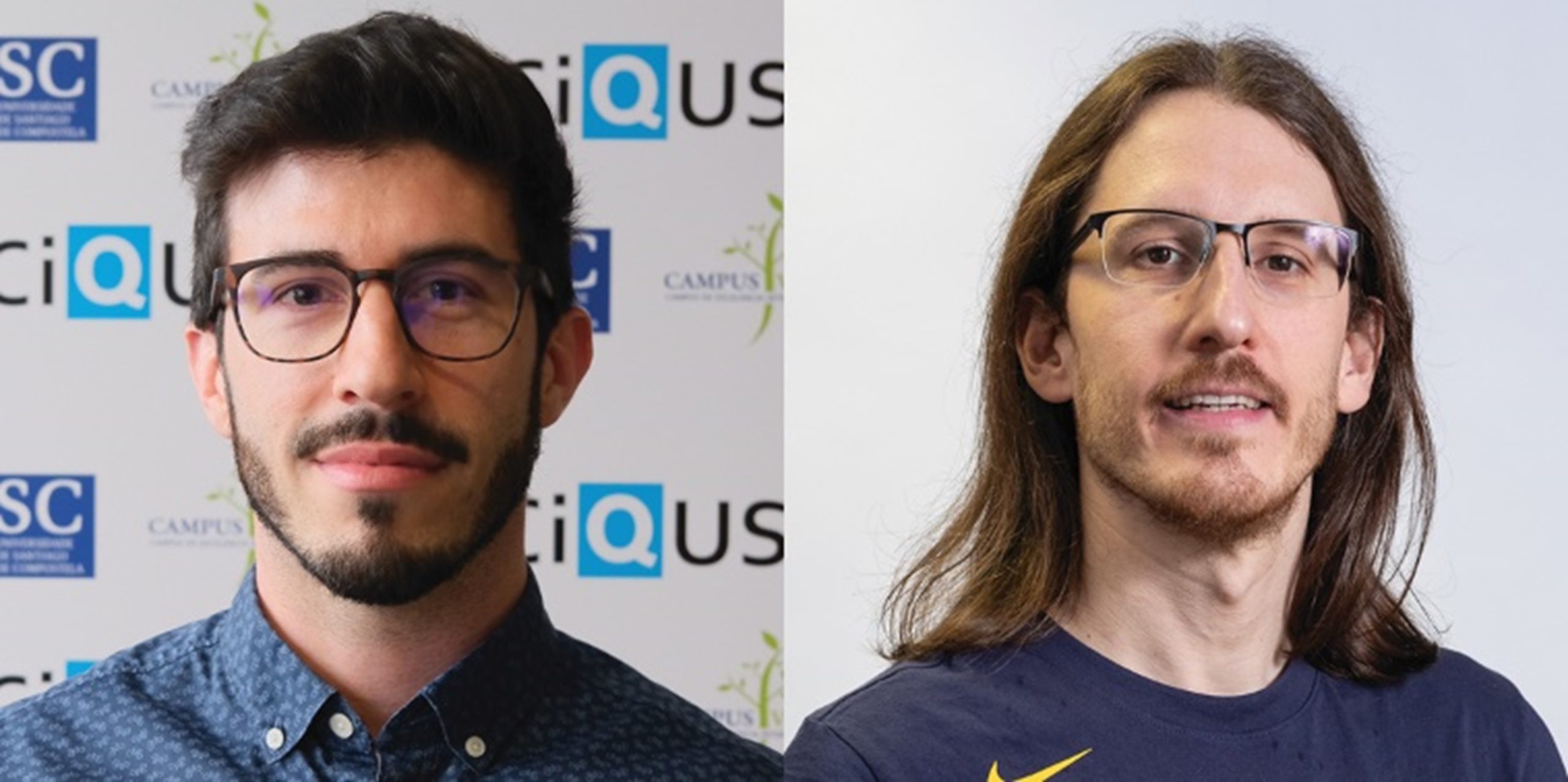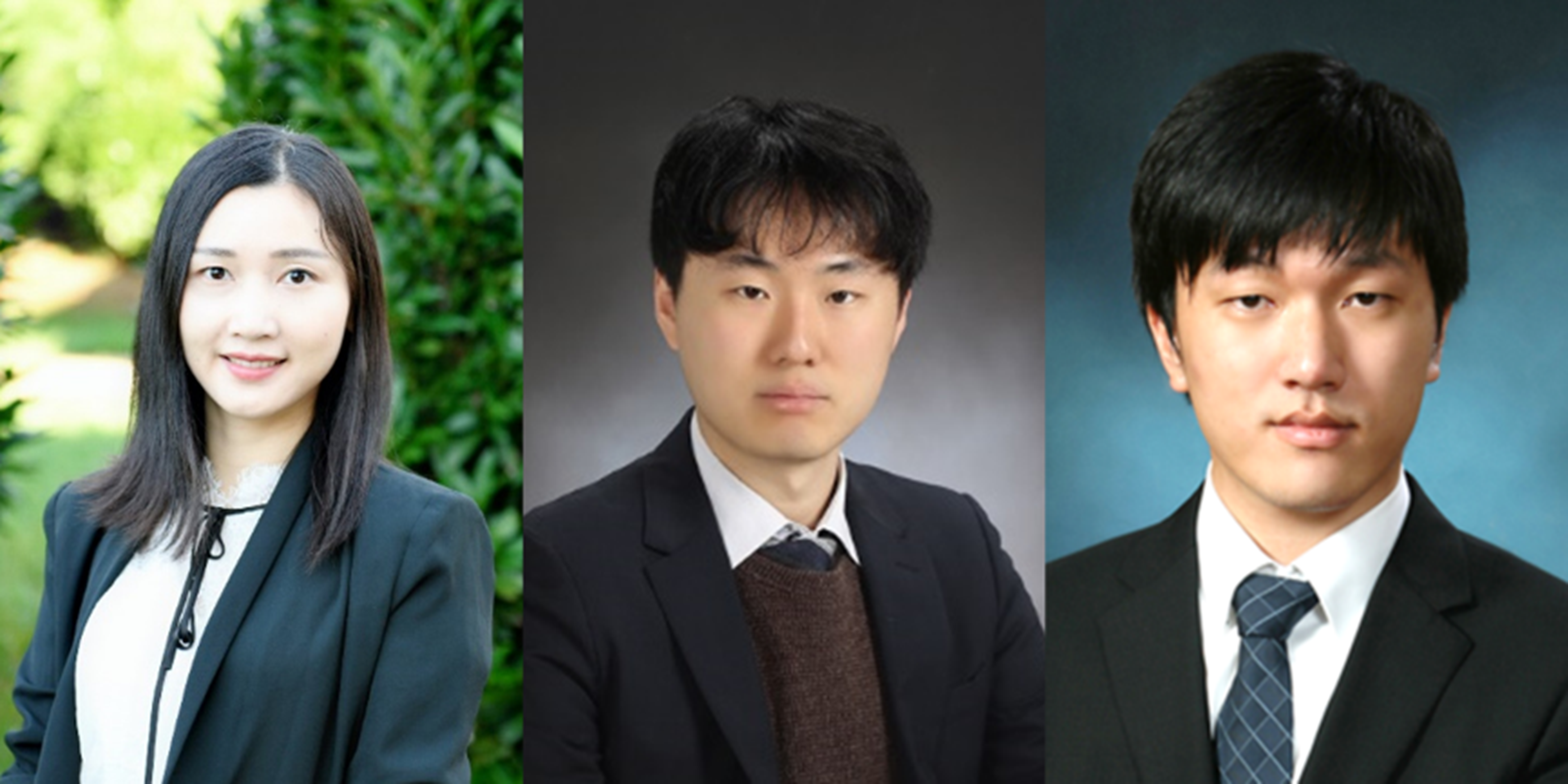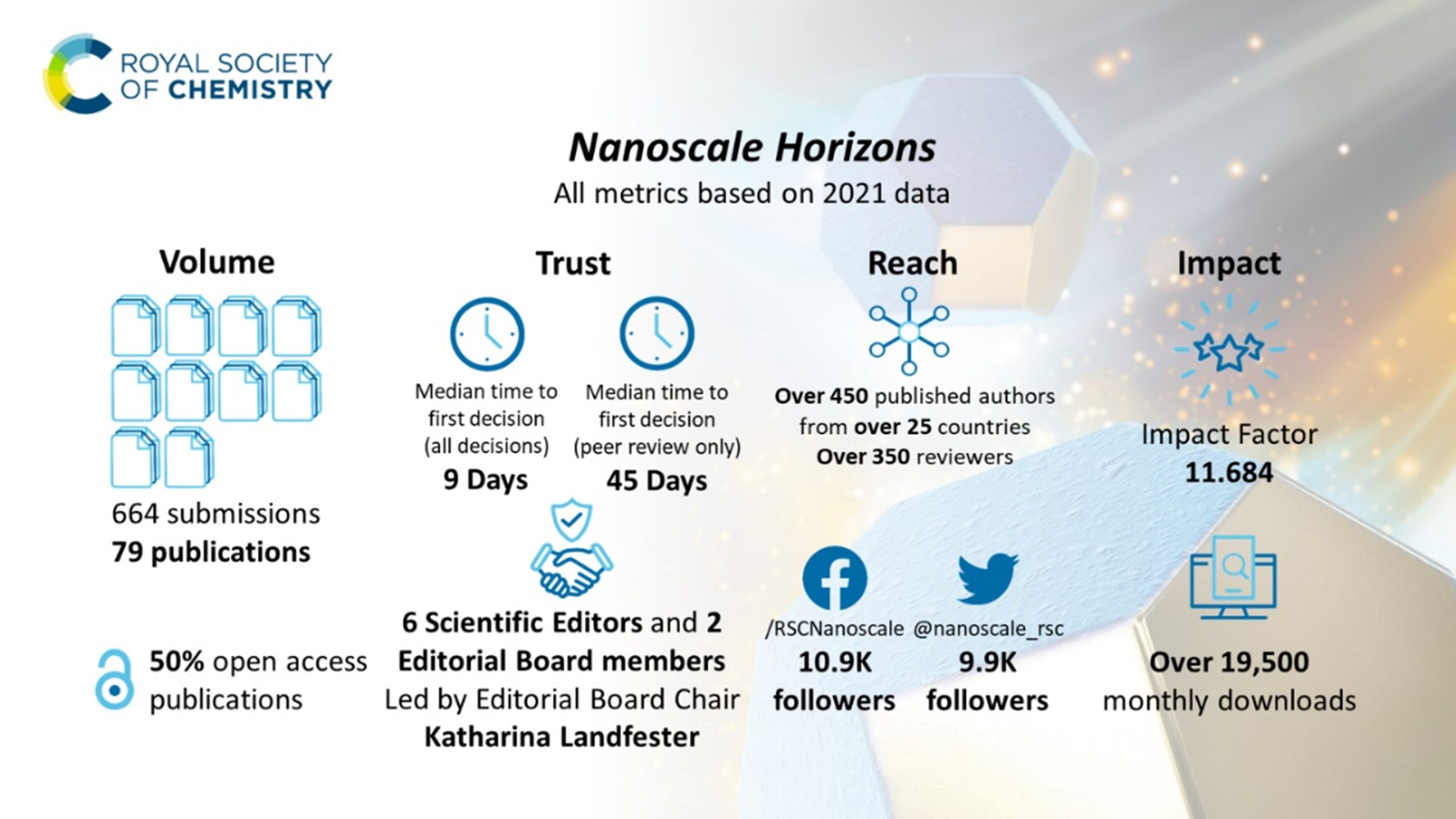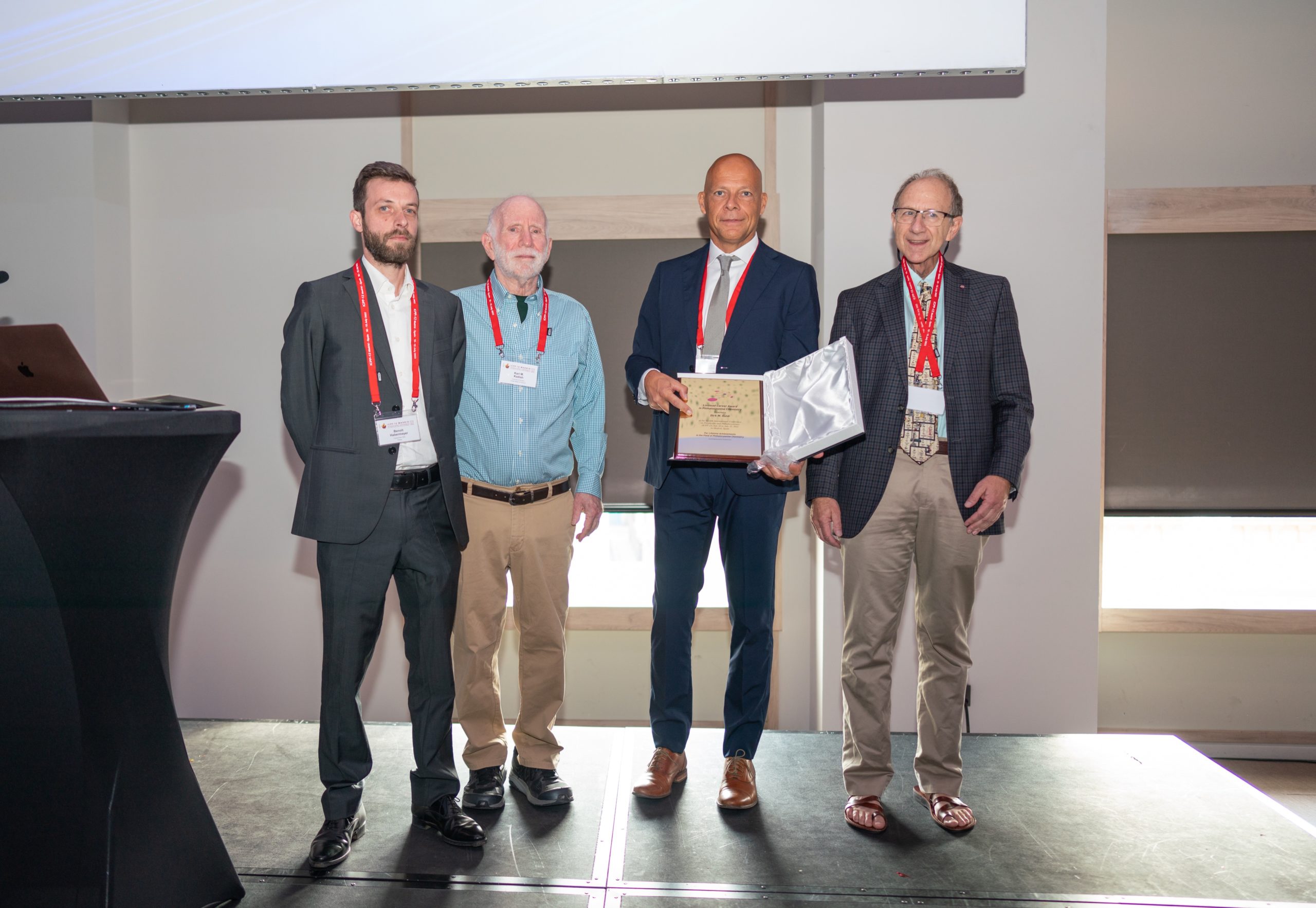Looking back at 2023
An overview of the exciting events, activities and news for Nanoscale Horizons from 2023
Now that 2023 has come to an end, we look back at some of the exciting events, activities and news from Nanoscale Horizons. We are continually thankful for the nano community’s engagement, which has enabled the journal to continue to support our growing community. We look forward to another great year for the journal in 2024.
Board updates
Professor Katsuhiko Ariga (National Institute for Materials Science, Japan), Dr Miaofang Chi (Oak Ridge National Laboratory, USA) and Professor Jin-Hong Park (Sungkyunkwan University, South Korea) joined the journal’s Editorial Board. We look forward to working with them to maximize the quality and impact of Nanoscale Horizons in the nano community.
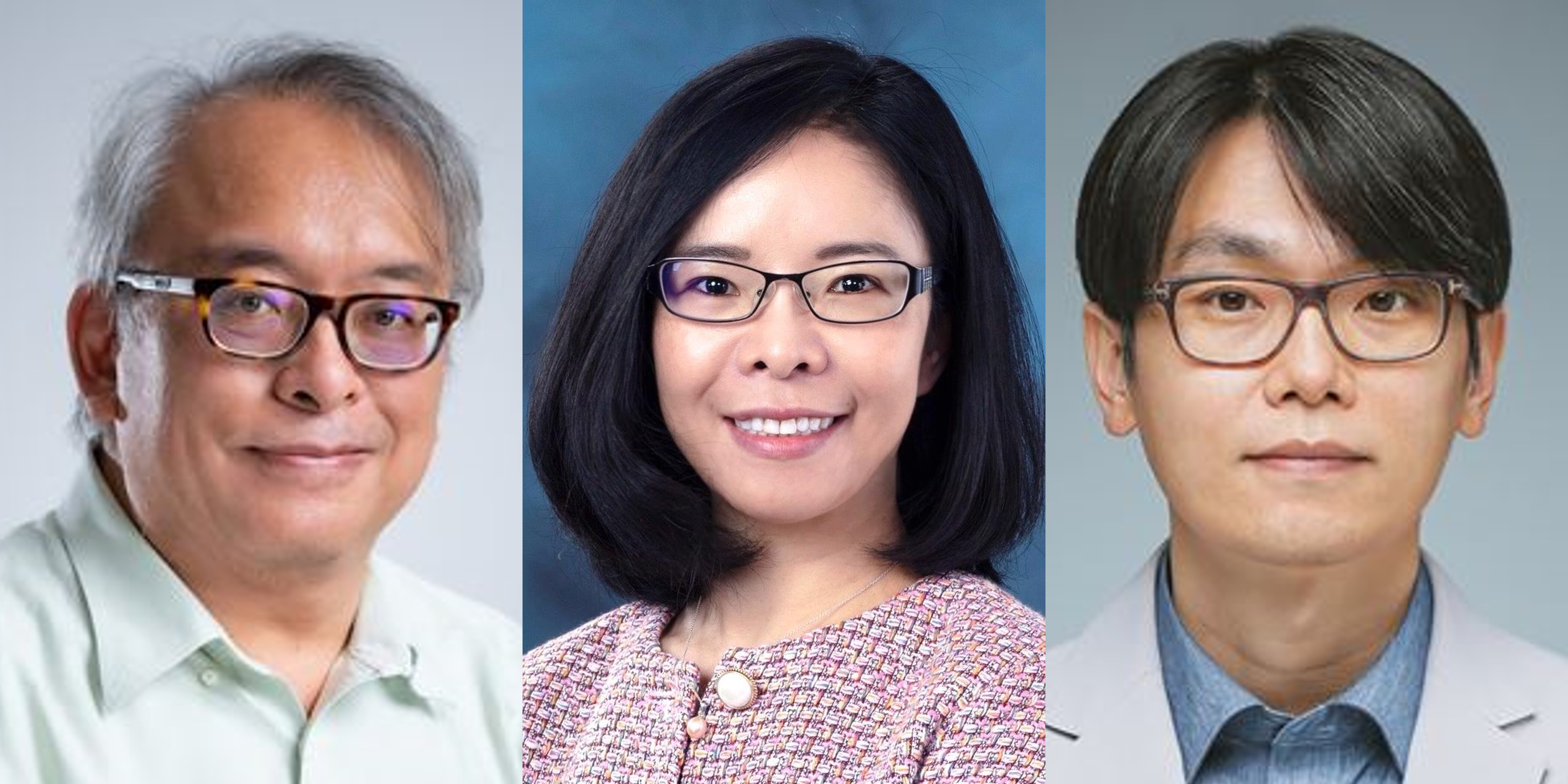
Outstanding paper award
We were delighted to announce Seung Hwan Ko and his team, Ester Segal and her team, and Jordi Arbiol and his team as the winners of our 2022 Outstanding Paper Awards earlier last year.
Please join us in congratulating the winners of the 2022 Outstanding Paper Award and we hope that you enjoy reading their outstanding articles as much as we did.
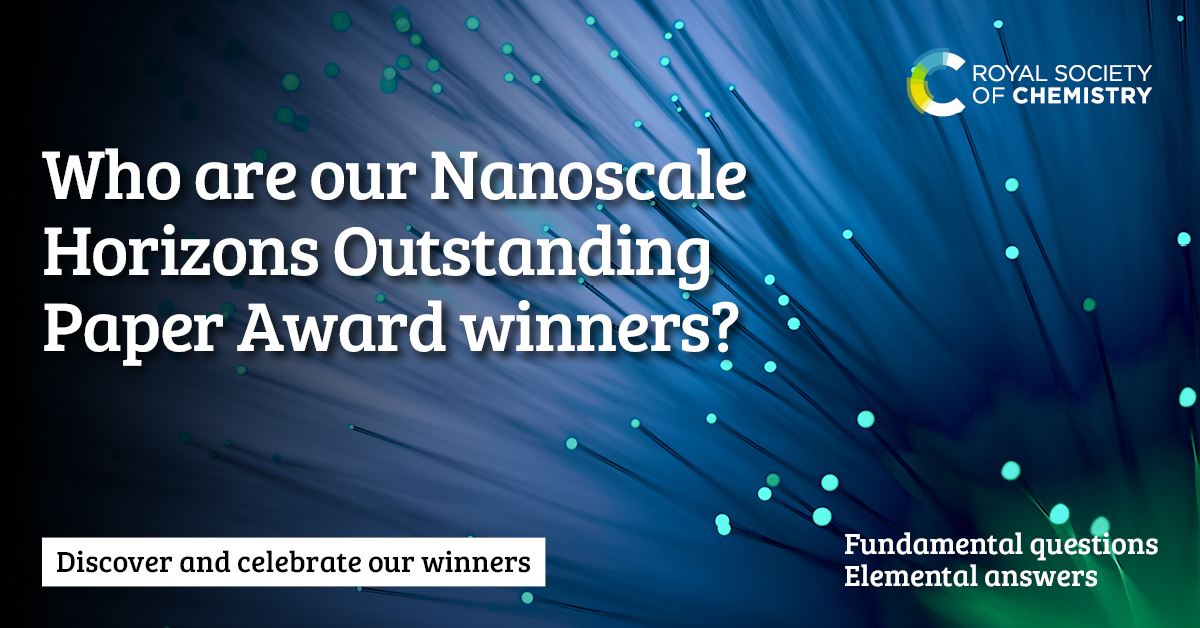
Emerging investigator series
This year saw the continuation of our Emerging Investigator series, which showcases the exceptional work published by early-career researchers (i.e., less than ten years post-PhD) in the journal. The series continues to regularly highlight the corresponding author of a recently published Communication article through an interview-style Editorial and this year we featured interviews with 8 early-career researchers.
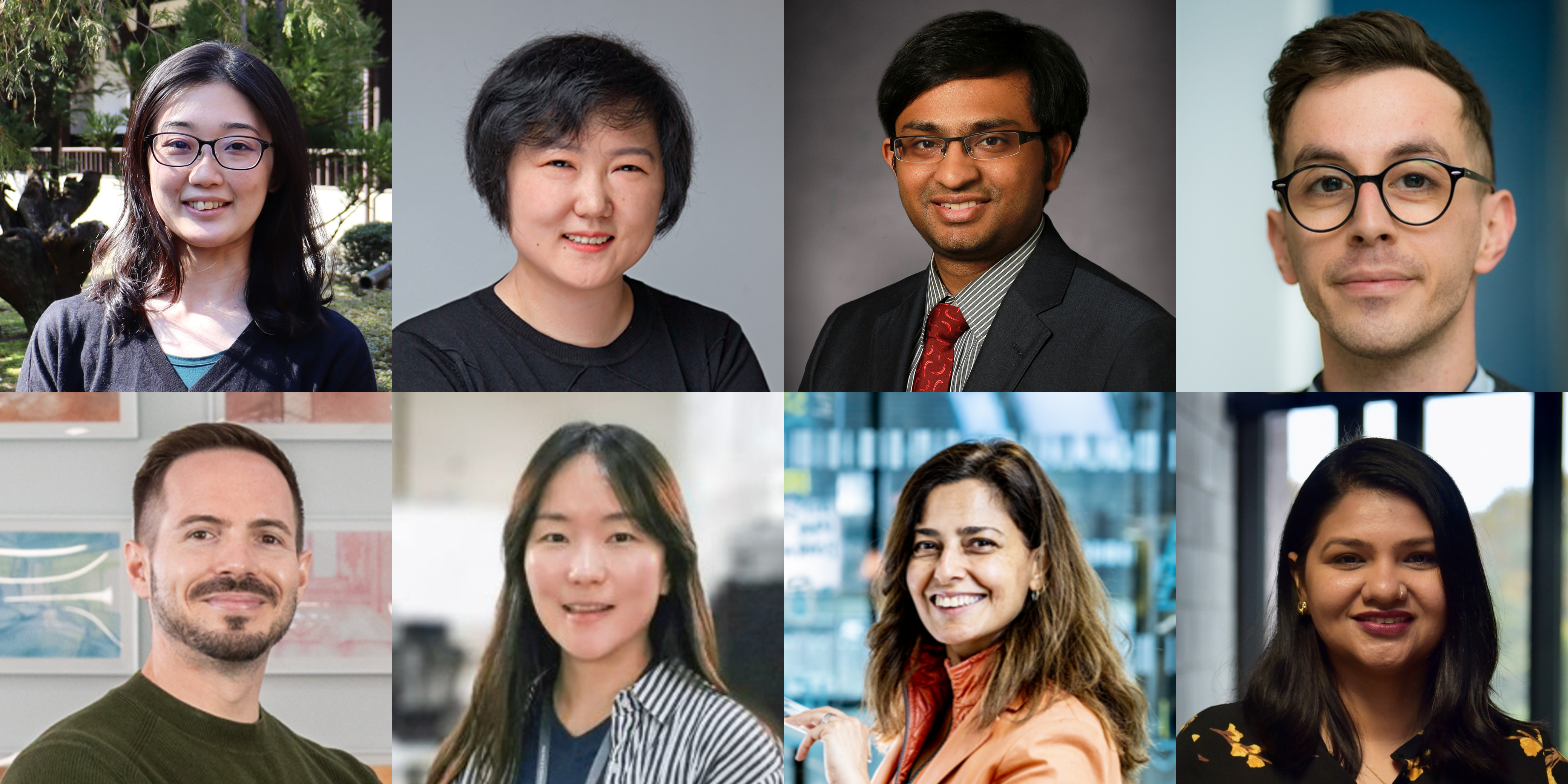
If you are eligible and interested in submitting a paper for potential inclusion in the series, please contact the Editorial office for details.
International Women’s Day
To celebrate International Women’s Day 2023 we highlighted some of the excellent female researchers publishing impactful work in nanoscience in a special collection published in Nanoscale Horizons, Nanoscale and Nanoscale Advances. The collection featured work led by female scientists around the world and showcased the impact these leading individuals have on the research published within our nanoscience journals.
If you have published in Nanoscale Horizons in 2023, and either the first and/or corresponding author of your article is a woman, you can feature in our 2024 collection! Please contact the Editorial office with the title of your article, DOI and a headshot photo of the eligible author by 1 March 2024 if you wish to be included in the collection, which will be promoted this International Women’s Day, 8 March 2024. At the Royal Society of Chemistry, we foster a culture of inclusion of women from all walks of life and look forward to continuing to celebrate all of the wonderful women in nanoscience.
Community board updates
The Nanoscale Horizons Community Board provides a platform for early career researchers to share their experiences and ideas on scientific publishing. Over the summer, we requested nominations from the nanoscience academic community and were thrilled with the high calibre of candidates nominated. We were delighted to appoint 27 new members who, together with continuing members, make up a Community Board of 50 international researchers at different stages of their early careers, ranging from PhD candidates to Professors. Meet our new Community Board members below.
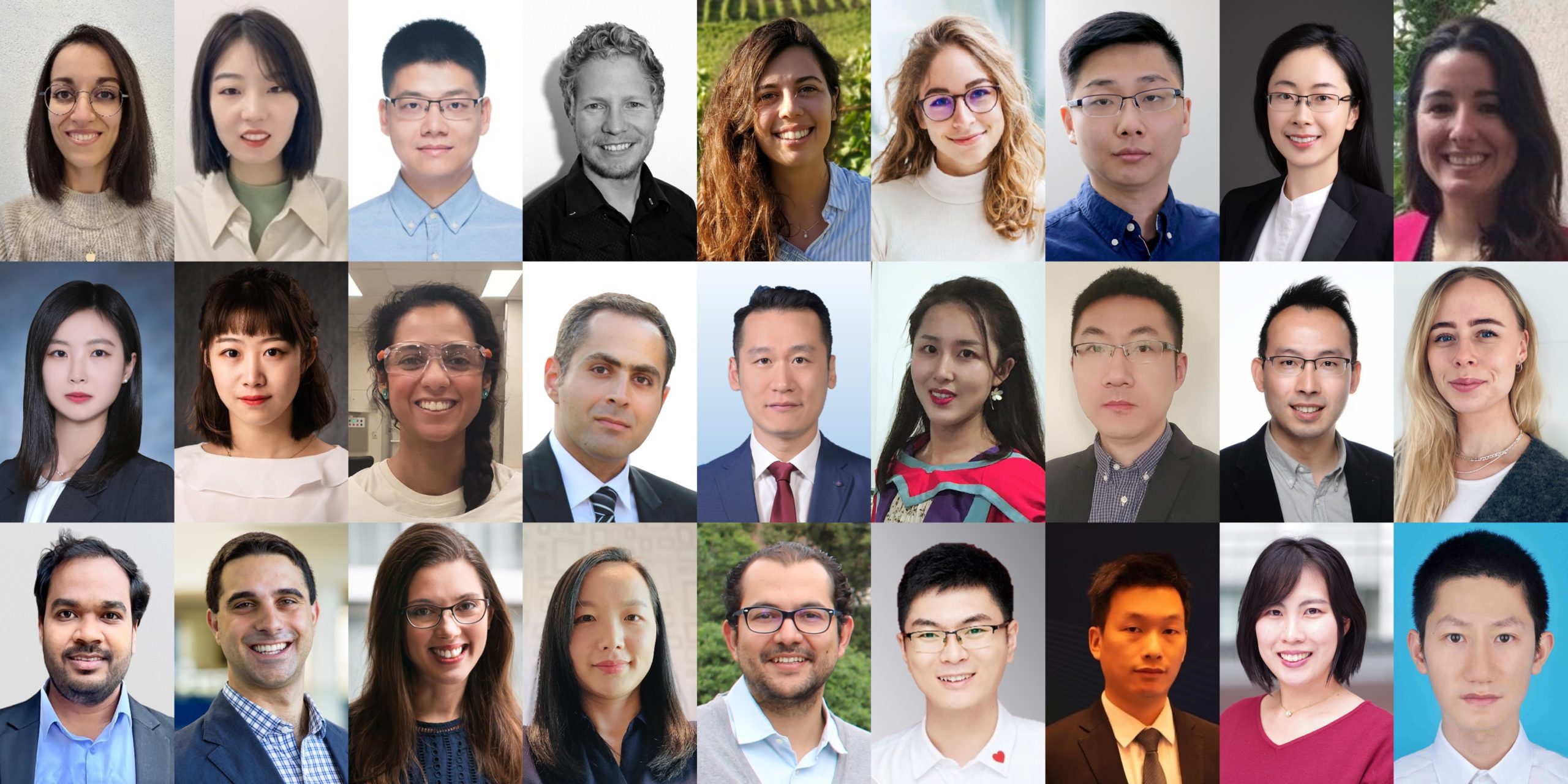
Community board picks
Working with our Community Board we launched a new series of Community Board Picks, short article summaries highlighting the most recent advances in nanoscience and sharing our Community Board’s unique expertise.
Themed collection
We launched several special themed collections last year in collaboration with Materials Horizons and Nanoscale. We were delighted to publish so many outstanding articles on these important topics. Discover our 2023 collections below.
- New horizons in materials for energy conversion, optics and electronics. Guest edited by Jinlan Wang, Yuanjian Zhang, Seeram Ramakrishna and Guihua Yu.
- Celebrating the 20th anniversary of the National Center for Nanoscience and Technology (NCNST). Guest edited by Yuliang Zhao, Zhixiang Wei, Chunying Chen, Qing Dai and Xinfeng Liu.
- Memristors and Neuromorphic Systems. Guest edited by Xiaodong Chen, Cheol Seong Hwang, Francesca Santoro and Yoeri Van de Burgt.
- Celebrating the 150th anniversary of Vanderbilt University. Guest edited by De-en Jiang, Janet Macdonald and Sharon Weiss.
- Graphene and 2D Materials in Healthcare. Guest edited by Laura Ballerini, Alberto Bianco, Kostas Kostarelos and Maurizio Prato.
Horizons symposium
The first Horizons symposium, organized by Nanoscale Horizons and Materials Horizons, was held in Berlin, Germany earlier this year and showcased a wide variety of cutting-edge work in the areas of electronic and photonic materials, and materials for energy applications, with chemists, physicists and materials scientists presenting their most outstanding work. We were delighted to arrange such a successful conference and look forward to sharing the details of our 2024 edition with you next year. We hope to see you there.
Outstanding reviewers
We also recognized the significant contributions that our reviewers have made to the journal by highlighting the 2022 Outstanding Reviewers for Nanoscale Horizons. We would like to take this opportunity to thank all reviewers for Nanoscale Horizons and acknowledge their incredible support and the dedication of their time to providing high-quality, timely and helpful reports on submissions to the journal.
“We are all aware that time is an incredibly valuable resource. All the more we are deeply indebted to our top reviewers who have invested their time to write valuable and high-quality reviews. Only with such reviews can Nanoscale Horizons be among the top journals and steadily grow in importance.” – Professor Dr Katharina Landfester, Editorial Board Chair
Focus articles
Finally, discover our latest educational articles, addressing topic areas that are often misunderstood or require greater explanation, in the Nanoscale Horizons Focus Article Collection.
Thank you for your continued support of Nanoscale Horizons and wish you a Happy New Year!
With best wishes,
Katharina Landfester, Editorial Board Chair
Katsuhiko Ariga, Scientific Editor
Wenlong Cheng, Scientific Editor
Miaofang Chi, Editorial Board Member
Yves Dufrêne, Scientific Editor
Anna Fontcuberta i Morral, Scientific Editor
Dirk Guldi, Scientific Editor
Jin-Hong Park, Editorial Board Member
Zhiyong Tang, Scientific Editor
Jinlan Wang, Scientific Editor
Miqin Zhang, Editorial Board Member
Michaela Mühlberg, Executive Editor
Heather Montgomery, Managing Editor
Edward Gardner, Development Editor
Natalie Cotterell, Development Editor













